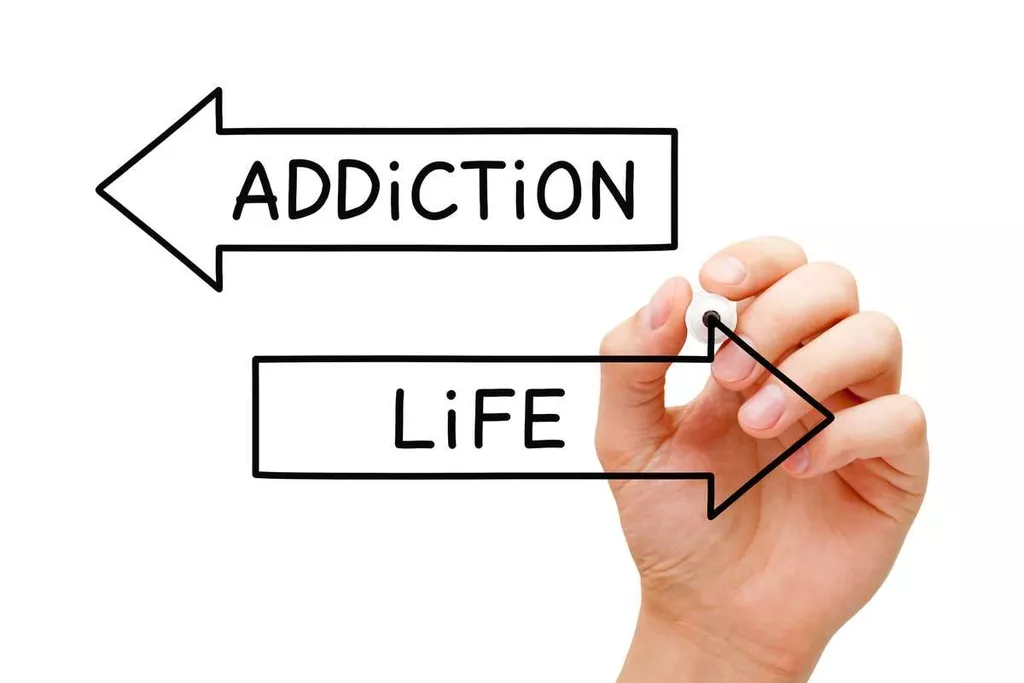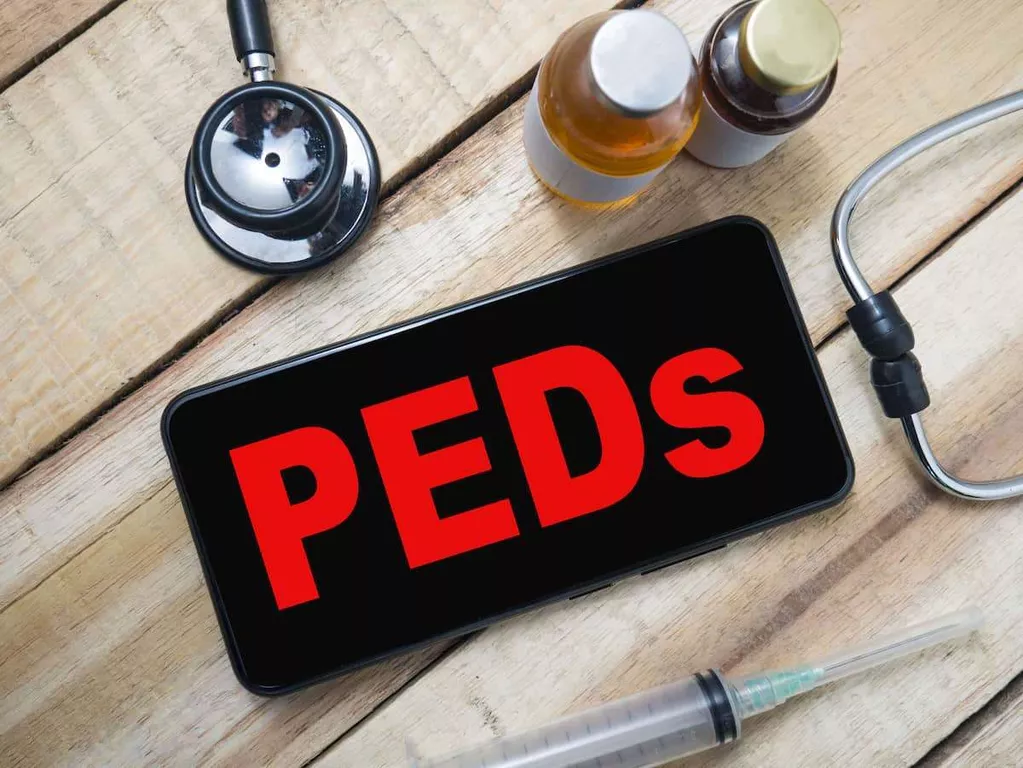
Drinking alcohol can inhibit fat absorption, this affects the absorption of fat soluble vitamins. Alcohol intake can also affect vital organs which can lead to imbalances in the body. While battling addiction, vitamins and nutrition are typically not prioritized. Not only that, drug and alcohol use can deplete necessary vitamin sources in our bodies. In other words, addiction can lead to vitamin and mineral deficiencies.
Zinc
By addressing nutritional imbalances and supporting your body’s repair processes, you can pave the way towards a healthier future. Another crucial aspect of addiction medicine is ensuring proper nutrition. Alcoholism frequently leads to vitamin deficiencies, with thiamine or vitamin B1 being particularly important (as deficiency can cause severe neurological problems). Other key nutrients for those in recovery include a vitamin B complex, vitamin C, and magnesium, which can help improve overall health and better support the treatment process.

4. Protein–energy Malnutrition
People with alcoholism also tend to suffer from alcoholic liver disease, a chronic disease seen in people who drink heavily. Alcoholic liver disease is one of the major causes of liver injury globally. Additionally, low selenium may cause ballooning of hepatocytes 116. Notably, selenium supplementation may be as effective as antioxidant therapy 153. Manganese is considered to Alcoholics Anonymous play an important role in the development of brain disorders related to alcohol abuse, such as hepatic encephalopathy 114.

How Does Nutritional Therapy Help?
A personalized plan can help make the most of nutritional therapy, so you may want to consider working with a dietitian. They’ll help you create a diet that addresses your unique health situation, weight, and vitamins for alcoholics personal diet needs. Ask your doctor for a referral, or contact your local hospital, community health center, or university. There are holistic addiction treatment centers and substance use treatment programs that emphasize nutrition education, too. Through a comprehensive approach that encompasses addiction medicine, mental health, and behavioral therapies, you can achieve lasting recovery from alcohol use disorder and enjoy a healthier, happier future. Vitamin C is a powerful antioxidant that helps protect cells from damage.
- Chronic alcohol exposure sensitizes Kupffer cells to lipopolysaccharide-induced inflammatory cytokine production 5,11.
- It may also depend on any other physical and mental health issues an individual has.
- For the average person who is eating a well-balanced, healthy diet, supplements of vitamins B and C are often unnecessary.
- While there is no single compound that is as effective as multi-nutrient blends, a good place to start is BR Restore, which covers many bases of nutrient repair.
- Vitamin E contributes to the histological improvement of liver injury in NASH 128.
Supplementation Recommendations
Alcohol withdrawal syndrome (AWS) encompasses the symptoms an individual with alcohol use disorder experiences if they stop drinking suddenly, or reduce their alcohol intake significantly. Consult your healthcare provider if your drinking can compromise the medication or supplements you’re currently taking and vice-versa. If you’re having issues with your drinking habits, don’t hesitate to seek out treatment options to help you stay sober. Heavy drinkers are prone to nutrient deficiencies that can cause fatigue and weakness, skin and hair issues, metabolism problems, bone fractures, bruising, bleeding, and depression. Fortunately, taking vitamins regularly and achieving good nutrition can help alleviate some of these adverse effects. Chronic alcohol use can deplete your body of vitamins and minerals by reducing your appetite, interfering with nutrient absorption, and impairing your body’s ability to use nutrients effectively.
- Don’t wait— reach out today to take the first step toward taking control of your life.
- In fact, this is one of the main vitamins given to people going through medical detox from alcohol.
- Vitamin E is essential for antioxidant protection, which helps the body neutralize harmful free radicals produced during alcohol metabolism.
- Similar to folic acid, deficiency can be caused by inadequate intake and alcohol inhibiting storage and absorption.
- People with alcohol use disorder are particularly susceptible to deficiency of B vitamins.